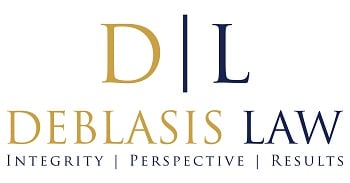As a lender or other creditor, there are numerous laws that limit your rights and dictate what you can do to collect on debts and past due accounts. It can be quite confusing to try to seek repayment, especially in a situation where there may be more than one party technically responsible for the debt.
You know that when two people jointly sign for a loan as co-borrowers that you can pursue collection activity against either or both of them to recoup the money you lent or to obtain payment for services and goods already provided.
Can you take similar action against a cosigner if they are not a co-borrower for the loan?
Cosigners usually have the same liability as co-borrowers
Those who help someone else qualify for a loan take on all the risk without any of the rewards. Although they do not have the authority to use the money borrowed, they make themselves legally accountable for the debt when they co-sign for someone who wants to borrow money. This frequently comes up in situations where a parent helps an adult child qualify to buy a home, for example.
If the initial borrower defaults on the loan, you may have no choice but to initiate collection efforts. If they don’t have the income or assets to make payments toward the debt, then pursuing collection action or filing a civil lawsuit against the cosigner could be a viable option. They may have the income or assets necessary to make securing a judgment in civil court worthwhile.
Knowing the right steps to take when someone misses payments or defaults on a loan can help your business get the funds it deserves on a loan that has fallen into arrears.
